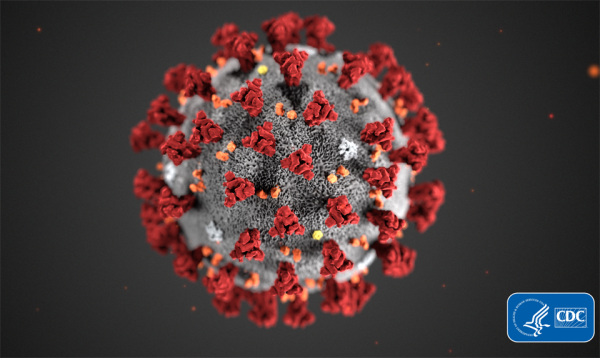With Illinois’ latest COVID-19 surge showing no signs of slowing down, the state’s top doctor said Friday she was very concerned about a “deadly COVID Christmas and New Year’s” for certain regions of the state.
Illinois Department of Public Health Director Dr. Ngozi Ezike’s comments came during a virtual press conference highlighting specific concerns over the northwest region of the state, where intensive care unit beds were 93 percent full as of Thursday night.
“This is setting up to be a very deadly COVID Christmas and New Year’s,” she said. “Hospital bed availability has reached a critically low level. Demand on resources is high, and the wait times at local emergency departments are very long.”
There were 3,783 individuals in Illinois hospitals with COVID-19 on Thursday, up 58 from Wednesday and an increase of 526 from the prior week. It’s the highest number of hospitalizations since 3,921 were reported on Jan. 6.
Of those patients in the hospital with COVID-19, 787 patients were in the ICU, up 125 from the prior week, and 353 patients with COVID-19 were on ventilators, up 54 from the prior week.
There were 59,312 new confirmed and probable cases of COVID-19 reported over last week, a 19.4 percent increase from the prior week. The seven-day average for new daily cases on Friday was 8,437, up 1,378 from the prior week.
There have now been 1,944,056 cases in the state.
Sixteen cases of the omicron variant have been detected in Illinois as of Friday.
The death toll reached 27,117 after 316 COVID-related deaths were reported last week. The new deaths are a 18.8 percent increase from the prior week.
The preliminary seven-day statewide positivity for cases as a percent of total test is 4.9 percent. The preliminary seven-day statewide test positivity is 6.2 percent.
Over 70 percent of Illinoisans have received at least one COVID-19 vaccine dose and over 63 percent are fully vaccinated, according to data from the Centers for Disease Control and Prevention.
A total of 18,475,621 vaccines have been administered as of Thursday night. The seven-day average for doses administered is 66,816 doses.
A total of 2,601,997 booster doses have been administered.
